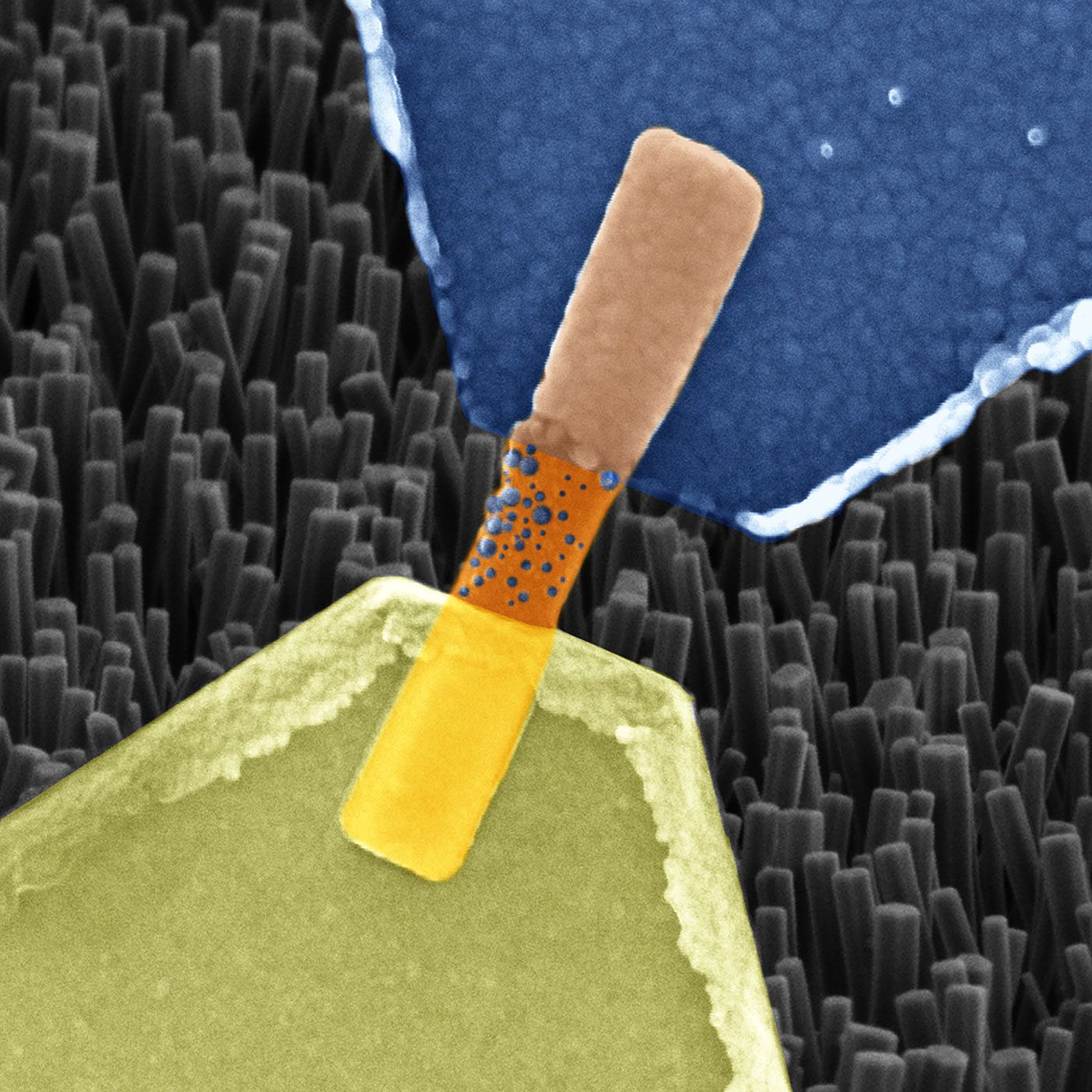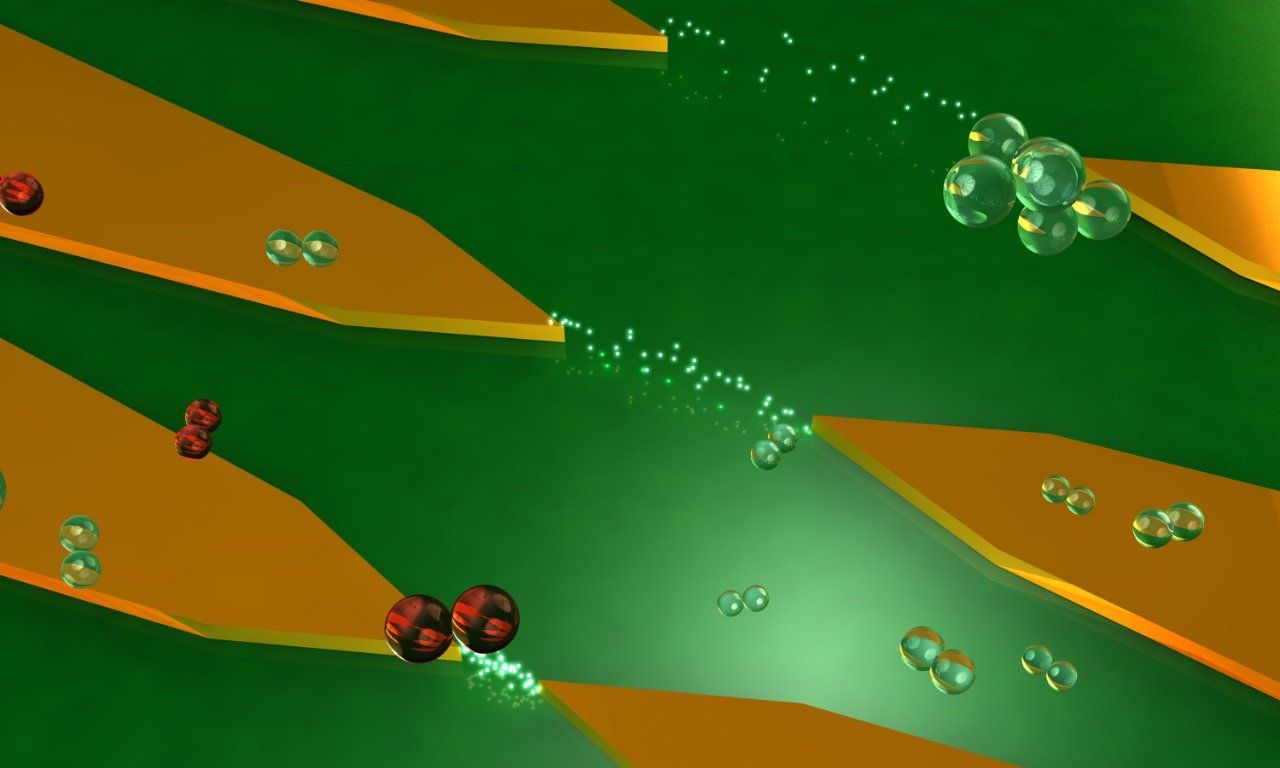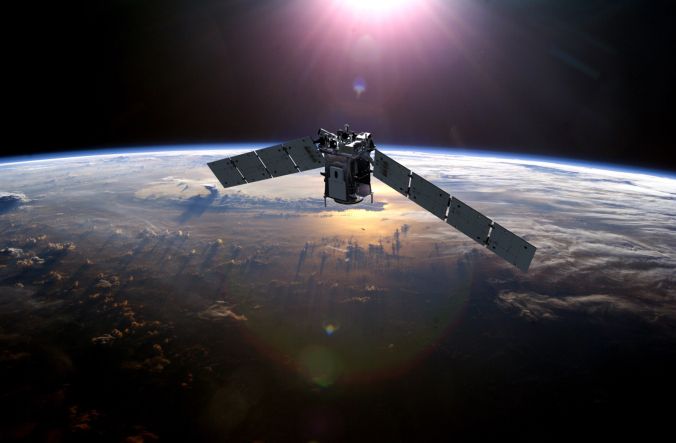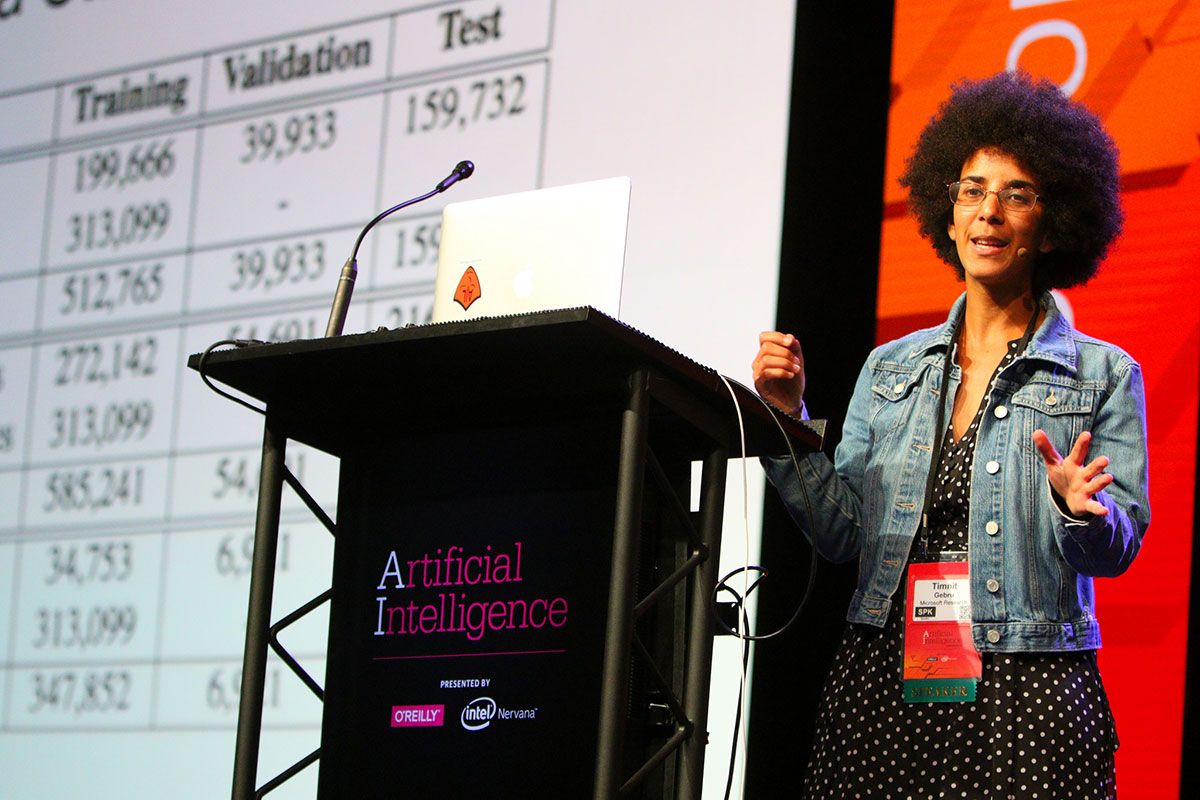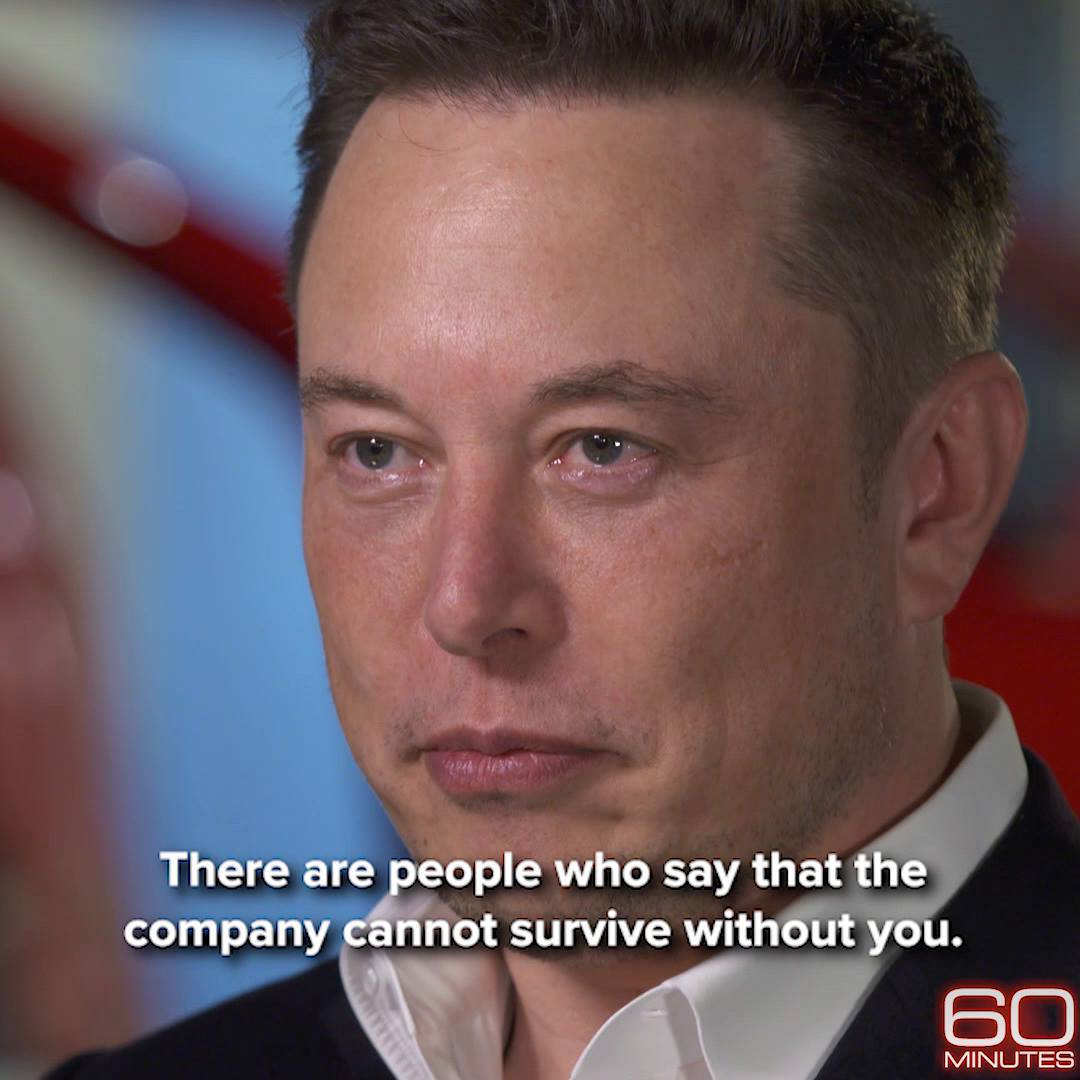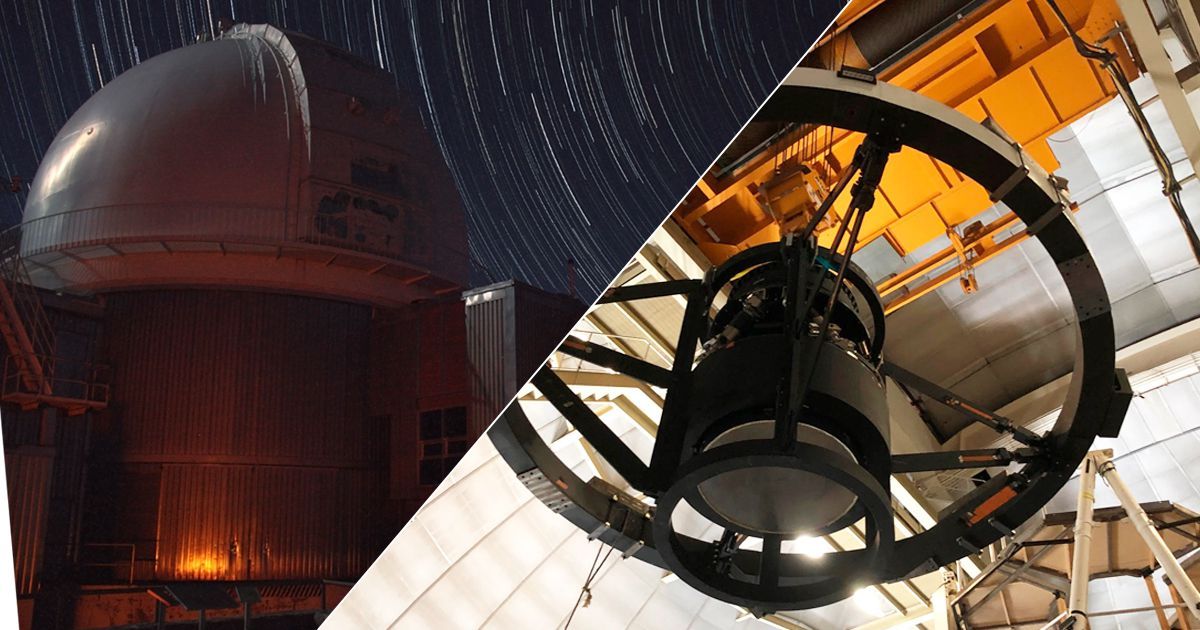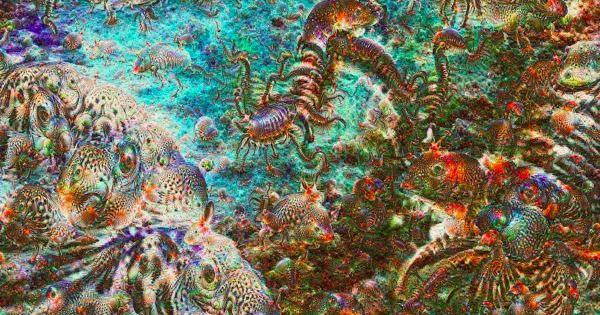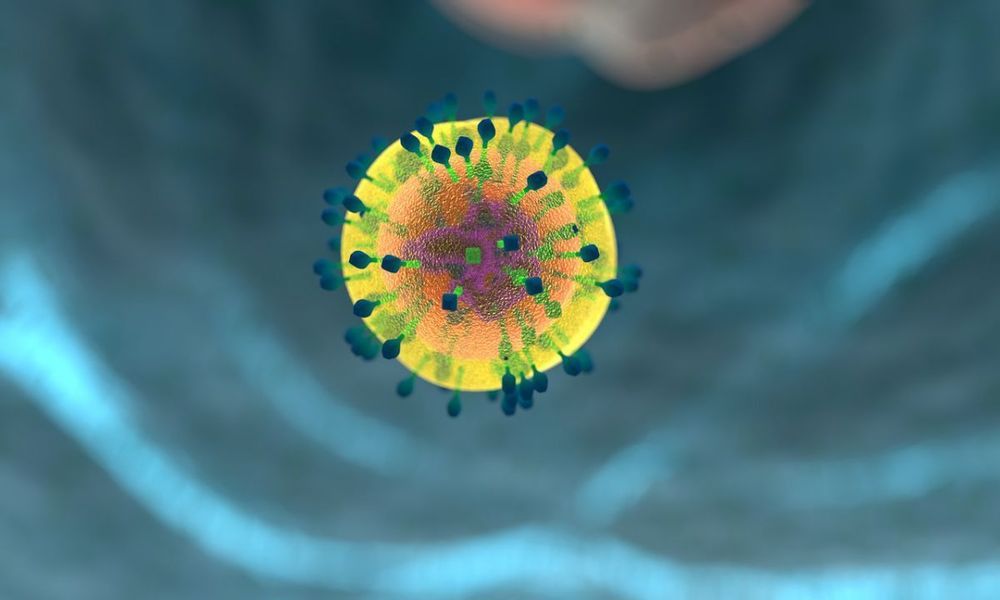Dec 10, 2018
Artificial synapses made from nanowires
Posted by Klaus Baldauf in categories: biological, nanotechnology
Scientists from Jülich together with colleagues from Aachen and Turin have produced a memristive element made from nanowires that functions in much the same way as a biological nerve cell. The component is able to save and process information, as well as receive numerous signals in parallel. The resistive switching cell made from oxide crystal nanowires is thus an ideal candidate for use in building bioinspired “neuromorphic” processors, able to take over the diverse functions of biological synapses and neurons.
